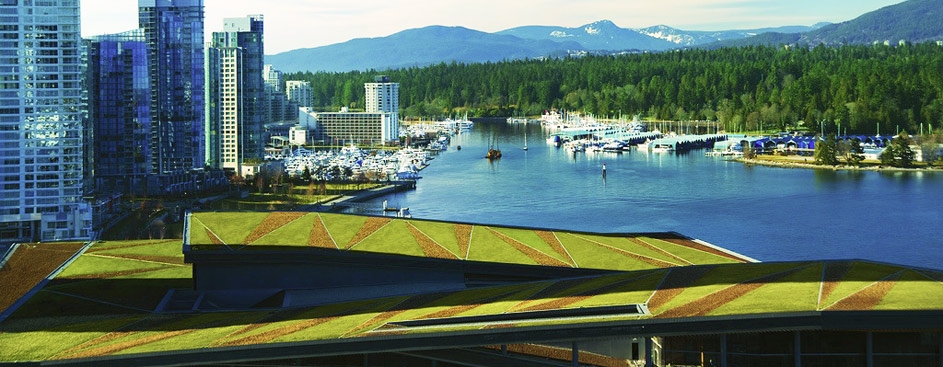If we move to a small patch of Hebridean paradise, step back from consumerism, rush hour and mental stress, will the greater impact be on our wellbeing or on the environment? Sublime explores the link between going off grid and increasing happiness.
One in five adults have experienced some form of depression during the Covid pandemic – a rate that has given the Office for National Statistics reason for concern, seeing as the number has almost doubled since 2019. The reasons for this increase are complex, instructions to stay at home during lockdown, higher levels of health anxiety, bad weather and shorter daylight hours all playing a part. Nevertheless, it’s a scary statistic, and one that got many thinking about where they were in life and where they were heading. To somewhere in the middle of the Atlantic, perhaps?
The Isle of Coll is a small Hebridean island very much off the beaten track. Sitting some six miles west of Mull, just off Scotland’s west coast, this is the place to get away from it all. At just 13 miles long and an average population of around 160 year-round residents, it’s very different from what many of us have experienced.
Shortly after the first lockdown, Greg and Sarah Smith returned to the island they once holidayed on, Greg a newly-retired environmental specialist and Sarah a teacher. They decided to rent out the family home in Glasgow and give up all that they were used to for a sustainable way of living. To reduce their footprint, to support local and organic food sources, to use sustainable materials and transport, to realise their local cultural values and to create their own healthy environment; values that are the norm on Coll.

The couple saw the move as a way of staying educated as well as broadening their awareness around sustainability.
They found that living with a focus on the environment has more benefits than they’d expected, not only for the planet, but for their personal wellbeing and happiness too.
It’s not just knowledge about the effects of climate change that’s affecting people’s mental health; it’s also understanding how climate change impacts economics, employment, and extreme weather patterns and trickles down to affect nations, states, communities, and households, and making small changes to play your part in turning it around.
Sustainable living also improves mindfulness. Through the process of examining the environmental impact of your daily activities, you become more aware of the influence your actions have on your mood and emotions. You focus better and ruminate less. Not only that, but having a goal to protect the Earth can boost your confidence and self-worth as you work toward a greater purpose. Spreading awareness about the environment can give you a sense of accomplishment and being part of a community provides social support that can help alleviate symptoms of depression.

Sarah says that, a year after moving to Coll, she has never felt happier. Spending time in nature has been proven to have a positive effect on mental health, from gaining a sense of peace to improved concentration and psychological restoration. The benefits are often related to how our senses connect us to the environment around us, from the shapes in nature we see to the scents that trees give off and the soft fascination that nature can stimulate which helps our minds rest.
Nature inspires creativity, too, and studies show that being around wildlife in their natural habitats is incredibly relaxing. And while remote island living might not be for everyone, it’s surprising that more of us aren’t migrating.

The links between sustainable living and mental health are becoming ever-present. Many of us are taking steps to alleviate the anxiety we might be experiencing around global warming by ‘going green’, or shipping ourselves off and away from the temptation of consumerism. There is something empowering about being part of a bigger process. Even at a time when isolation and stress are a part of daily life, the smallest efforts to create sustainability within your own personal surroundings is a move toward a healthier living space and healthier state of mind.
About the writer:
Daisy Whitefield is an intern at #SublimeHub, an educational programme training the new generation of journalists to advance social and environmental sustainability through media activism.

















